Losing a pet in one's own yard is undeniably violating both physically and emotionally. I raised a hen years ago that would ride on my shoulder and chirp part of the Mentos commercial jingle. One morning I found her headless corpse at the door of the coop. A weasel (probably) had managed to catch her by the neck, or possibly gotten into the coop but couldn't leave with her. I was devastated, refused to go near the coop for weeks. A few years ago a young couple rented the house bordering the woods behind ours; they knocked on the door about three days after moving in. "Have you seen my mom's dog?" the girl asked, "It's a Pomeranian. We're watching it for her and we let it out...." That dog is gone, we told her. There are three packs of coyotes around this hill. We're lucky not to have more loss. I've seen coyotes hunting dogs; if the dog is too big to kill, a Judas coyote will entice it to play. As the dog's defenses lower, the coyote will draw it away from home, luring it to where the pack waits to make the kill. Feral dogs hunt the same way. Nature is brutal and sometimes it lies. Does PETA, a group of radicals who believe pets would be better off without human companionship, think about our dogs becoming cannibals?
I feel for Ms. Lovato. I hope she finds peace; she lost a family member in a brutal tragedy and that grief deserves support. I'm sorry also for her little dog, who died the worst kind of death. And I'm sorry for coyotes everywhere, who will face demonization yet again because a member of their species took advantage of an easy meal. Development forces "appropriate" prey to move elsewhere, creates hazards such as roadways that pose dangers to both coyotes and their natural food sources, and puts pressure on diminishing territories. Coyotes serve a purpose in the ecosystem but it is becoming increasingly difficult for them to live the lives they were meant to live. Here in the country we acknowledge predators, but we do not destroy them. If you kill the predator you know, you create a power vacuum in their society and in the ecosystem that may be filled by something worse. Instead, we manage: chickens must be locked up at night, livestock guardian animals patrol, alert, and defend, reflective dots on the fenceline make predators think others are already in the pasture, and as a last resort repeat offenders are trapped and killed or relocated.
America is outraged over the death of Cecil the lion, whose life was bought by a dentist for $55,000. I can't help wondering if we'd be so upset for a lion who wasn't famous. I haven't looked into this particular trophy hunt, I try to stay out of discussions about which animals should and should not be killed. I hear Cecil was led to his untimely and unnatural demise outside his home area by baiting. This is a practice I absolutely condemn. Baiting creates expectation and dependency and it isn't fair. Animals who are baited are not hunted, they're led to slaughter. I heard that Cecil was killed by an arrow. Kudos to the dentist if he made a clean shot; broadheads are by far the fastest and cleanest method of death (aside, perhaps, from severing the carotid artery). It's still a slaughter, a set up, and more despicable because the dentist did not have a use for Cecil (alive or dead).
Kosher law forbids eating the flesh of a predator; the only predator I've eaten is alligator and it was weird. I can't even say what was unsettling about it. Something about the texture, perhaps? Etoufee was fine, but the ribs...I could never do that again. I understand some people eat everything they kill, and in those societies the lion would have been used. That is right, and just, and fair. The lion would have been thanked for the life he provided others, would have been killed and processed with respect. His sacrifice would have been acknowledged. But that lion might not have been Cecil - the pride would have been watched so that (as with the coyotes) a power vacuum wasn't left, society wasn't rattled. Hunters care about the health and well being of the population they intend to harvest; a portion of licensing and other fees goes toward conservation and education. I know a deer hunter who has made more shots with his camera than his gun, he finds them breathtaking. Another man feeds the deer in his area, gives them mineral blocks and calls DNR officials if any look ill - but his hunting ground is in another area. Some trophy hunters and many domestic hunters portions of the animal they kill to families in need; a deer can sustain a family for the winter, an elephant can feed a village. Hunters know that all lives matter. This dentist killed Cecil and left him to waste in the dirt; the only life that seems to matter to him is his own.
Cecil's death was not ethical. In an effort to resolve their need for sense and justice, various groups have adopted Cecil as their patron martyr. He is a symbol of the need to stop all hunting, his corpse will feed scavengers and reminds us that meat is murder, all animals are victims with feelings and agendas. Beware of blanket statements, of loud bandwagons and high soapboxes. There are more deer in my state than there are people; DNR authorizes a certain number of hunting tags per year to help keep the animal populations healthy and proportional to available habitats. Meat from wild animals is better for you than that found in grocery stores, and the animal has had a good, natural, free range life. Just because something costs a lot doesn't mean it can't serve the same purpose. Is it right to hunt large game? I don't know; it is my hope that natural resources officials in other countries control their tags in a similar manner, and my fear that greed carries more weight than animal to acreage or other statistics. Greed made the dentist a bigger villain than the coyote who ate Demi Lovato's dog.
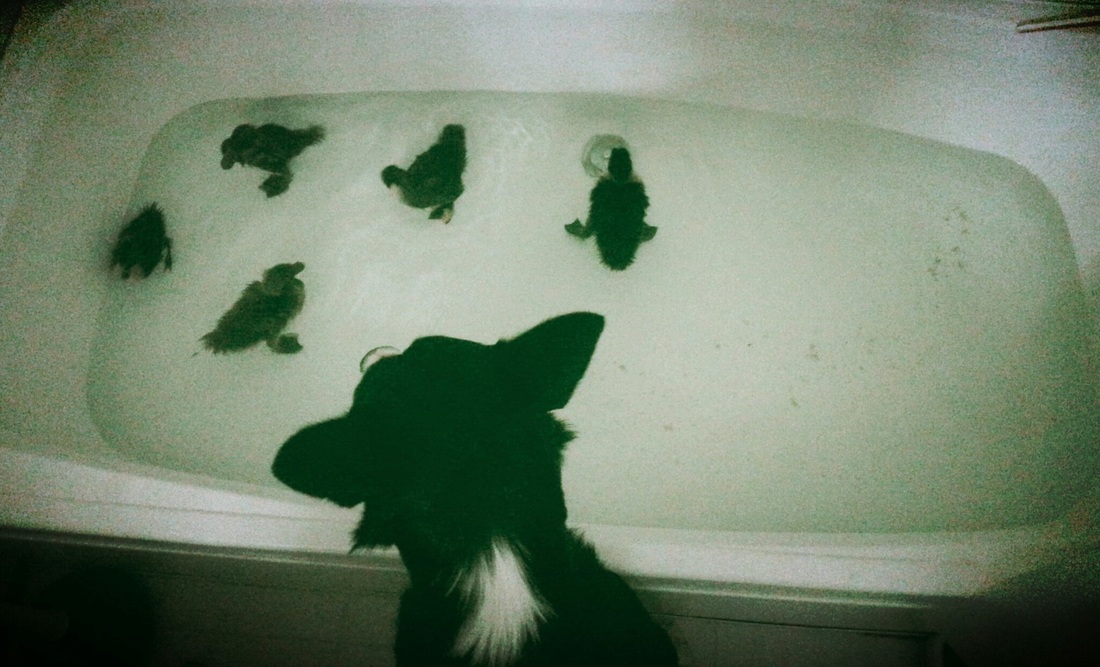
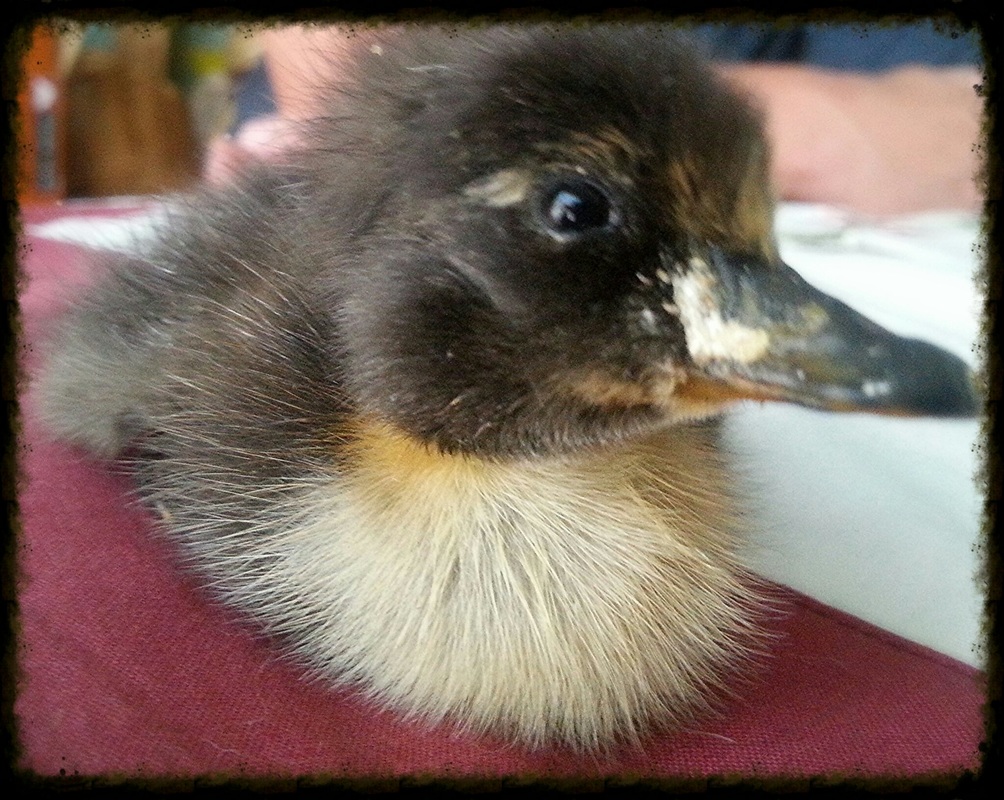
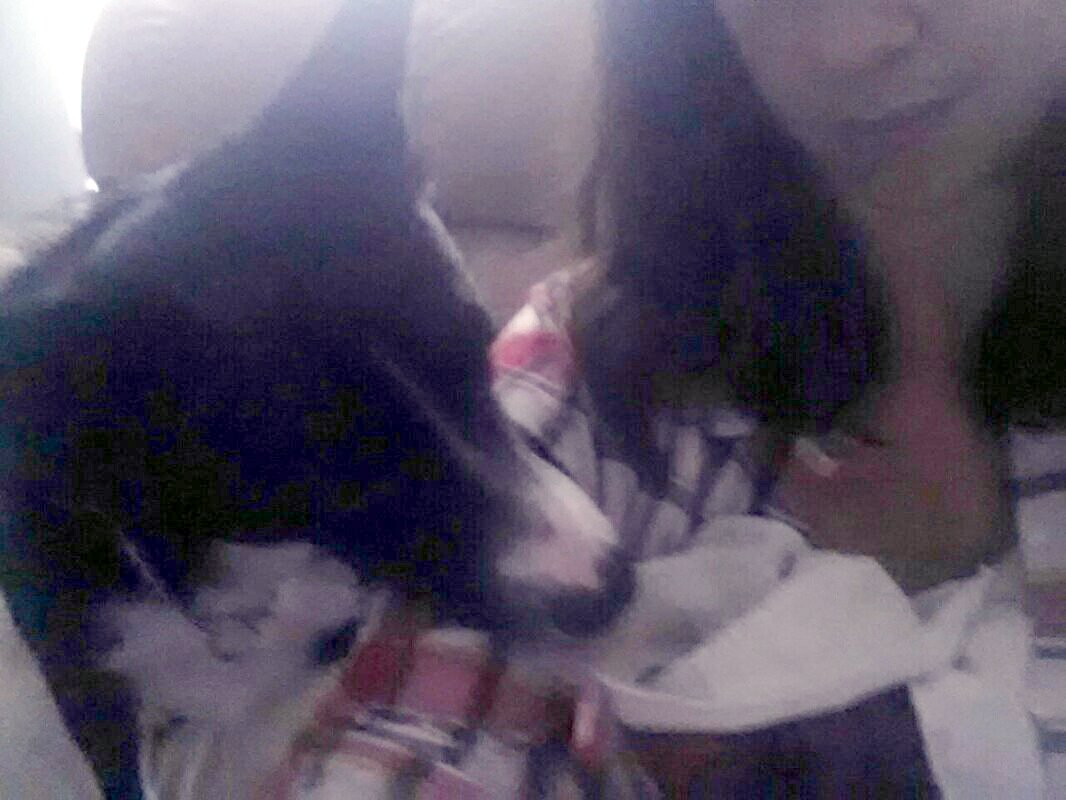
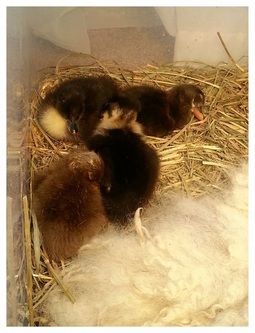
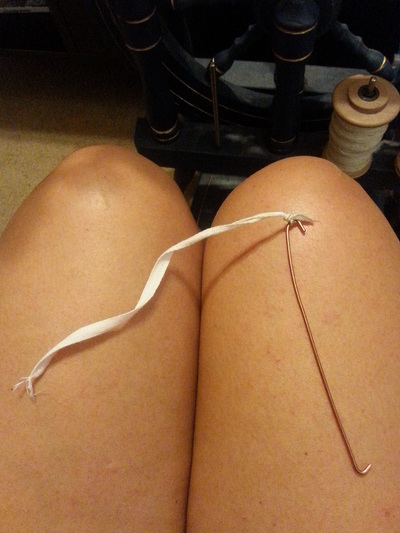

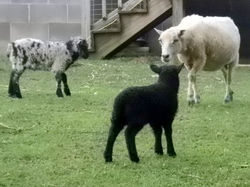
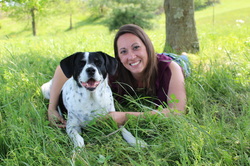
 RSS Feed
RSS Feed
